Winter Break is just around the corner, and we’re all getting ready to go home and celebrate the Holidays. There’s much more to the break than Christmas, however; Wintertime hosts many fun traditions and holidays from around the world and from centuries past.
Christmas is the most famous of all the wintertime celebrations. Christmas, religiously, celebrates the birth of Jesus Christ in the Christian Faith. Though Christian in origin, Christmas has adopted many different pagan traditions, making it the wonderful holiday we know today! Exchanging Gifts, Christmas Trees, Mistletoe, and even gingerbread cookies all have origins in Norse Pagan Traditions of Yule, which is celebrated around the same time.
Yule, as mentioned before, is an Ancient Wintertime holiday celebrated by Pagans worldwide. Some traditions include bonfires, decorating with holly, mistletoe, and the boughs of evergreen trees, feasts, and gift-giving. Many of these traditions carried on into modern Christmas celebrations because of the Christianization of Norse Pagans in the 13th century.
Three Kings Day is a Christian holiday accompanying Christmas. According to the Bible, this is the day The Three Wisemen saw Jesus’s birth. Before children go to sleep on Three Kings Day, they leave a box with hay under their beds to feed the Three Wise Men’s Camels, so they may leave gifts for them.
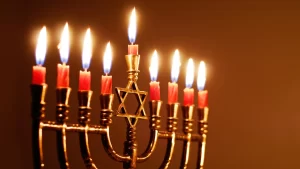 Hanukkah, also spelled Chanukah, is an eight-night Jewish holiday that usually takes place in December. It’s also known as the Festival of Lights. The word means “dedication” in Hebrew and the holiday commemorates the rededication of the Second Temple in Jerusalem in the second century B.C. During Hanukkah, people light candles in a nine-candle candelabra. The eight candles represent the number of days the Temple lantern burned, while the ninth candle is used to light the others.
Hanukkah, also spelled Chanukah, is an eight-night Jewish holiday that usually takes place in December. It’s also known as the Festival of Lights. The word means “dedication” in Hebrew and the holiday commemorates the rededication of the Second Temple in Jerusalem in the second century B.C. During Hanukkah, people light candles in a nine-candle candelabra. The eight candles represent the number of days the Temple lantern burned, while the ninth candle is used to light the others.
Kwanzaa is a secular holiday celebrated by the African American Community the week after the 25th of December. Kwanzaa is built around celebrating the seven principles of Kwanzaa, or Nguzo Saba. These principles include:
- Umoja: To strive for and to maintain unity in the family, community, nation, and race.
- Kujichagulia: To define and name ourselves, as well as to create and speak for ourselves.
- Ujima: To build and maintain our community together and make our brothers’ and sisters’ problems our problems and to solve them together.
- Ujamaa: To build and maintain our own stores, shops, and other businesses and to profit from them together.
- Nia: To make our collective vocation the building and developing of our community to restore our people to their traditional greatness.
- Kuumba: To do always as much as we can, in the way we can, to leave our community more beautiful and beneficial than we inherited it.
- Imani: To believe with all our hearts in our people, our parents, our teachers, our leaders, and the righteousness and victory of our struggle.
With all of thse fun traditions and celebrations from around the world, Winter Break is sure to be a wonderful time for everyone. Have a great Winter Break!

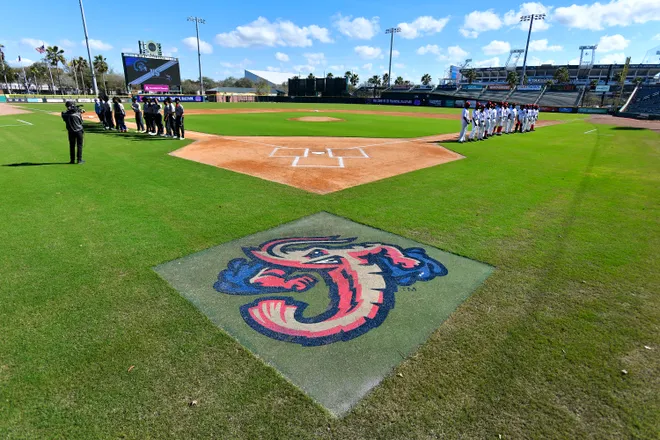

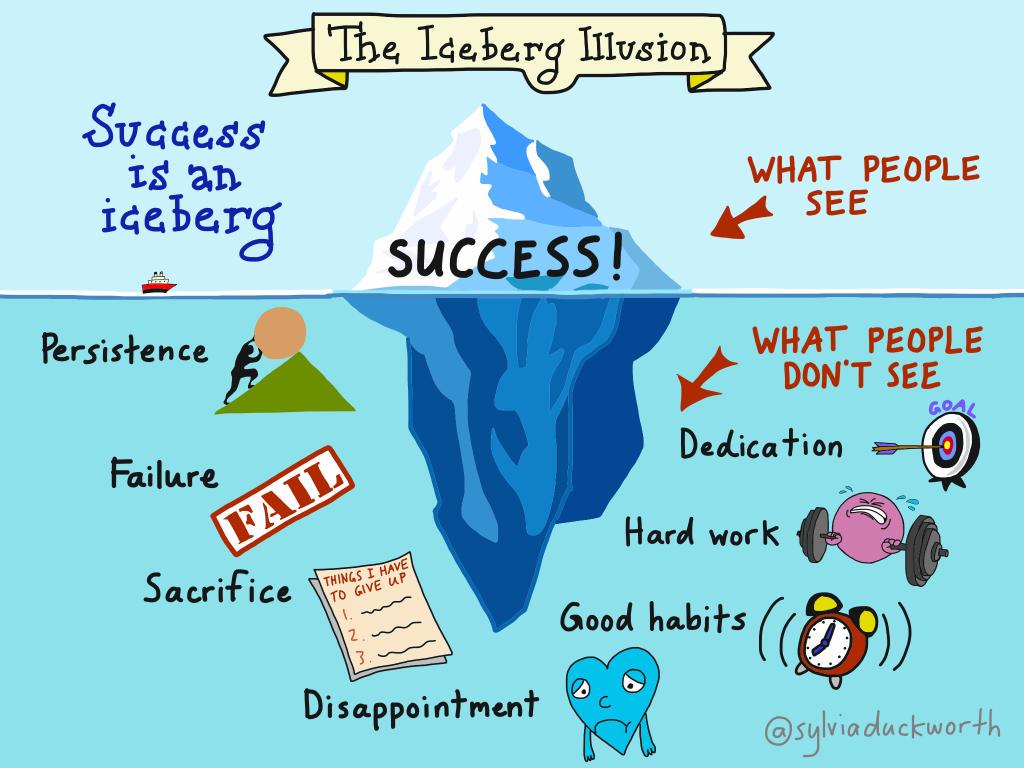

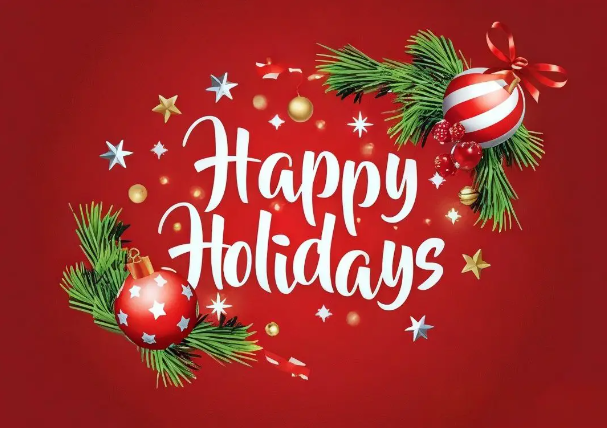


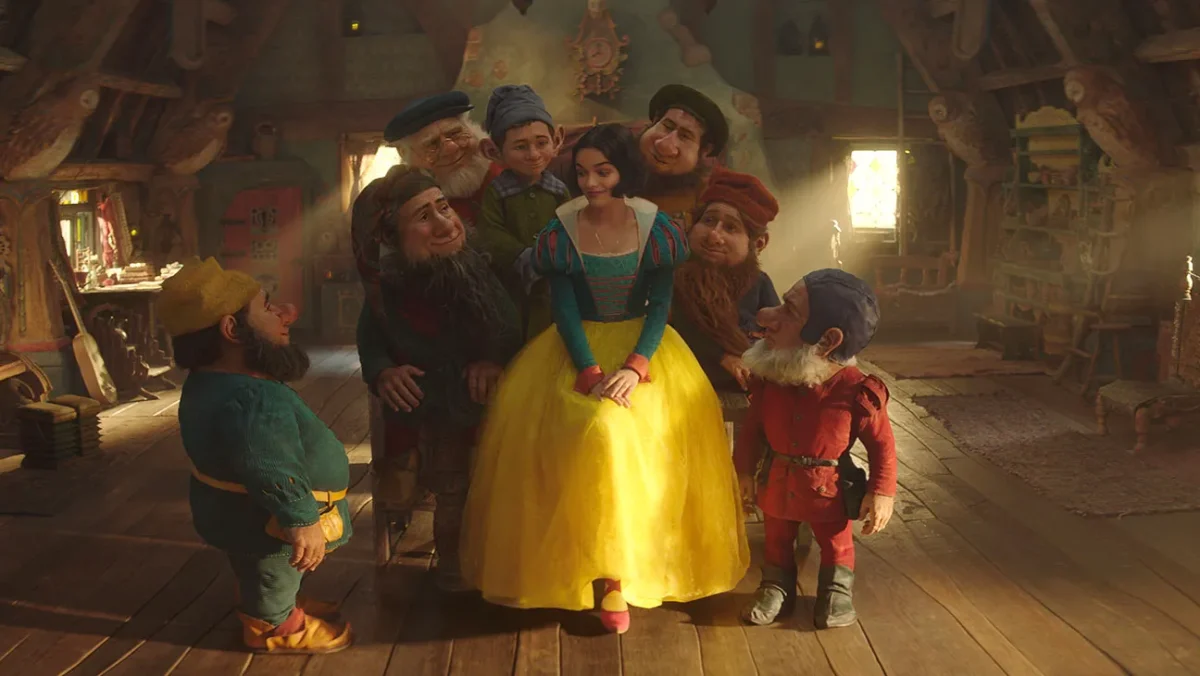

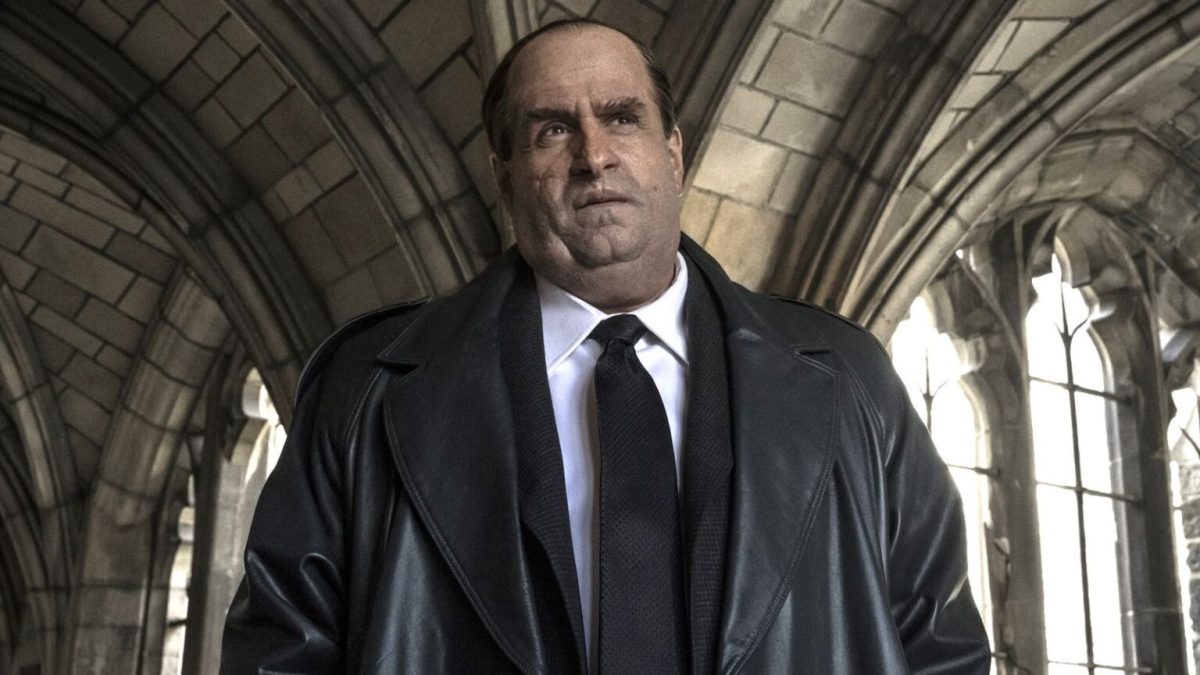


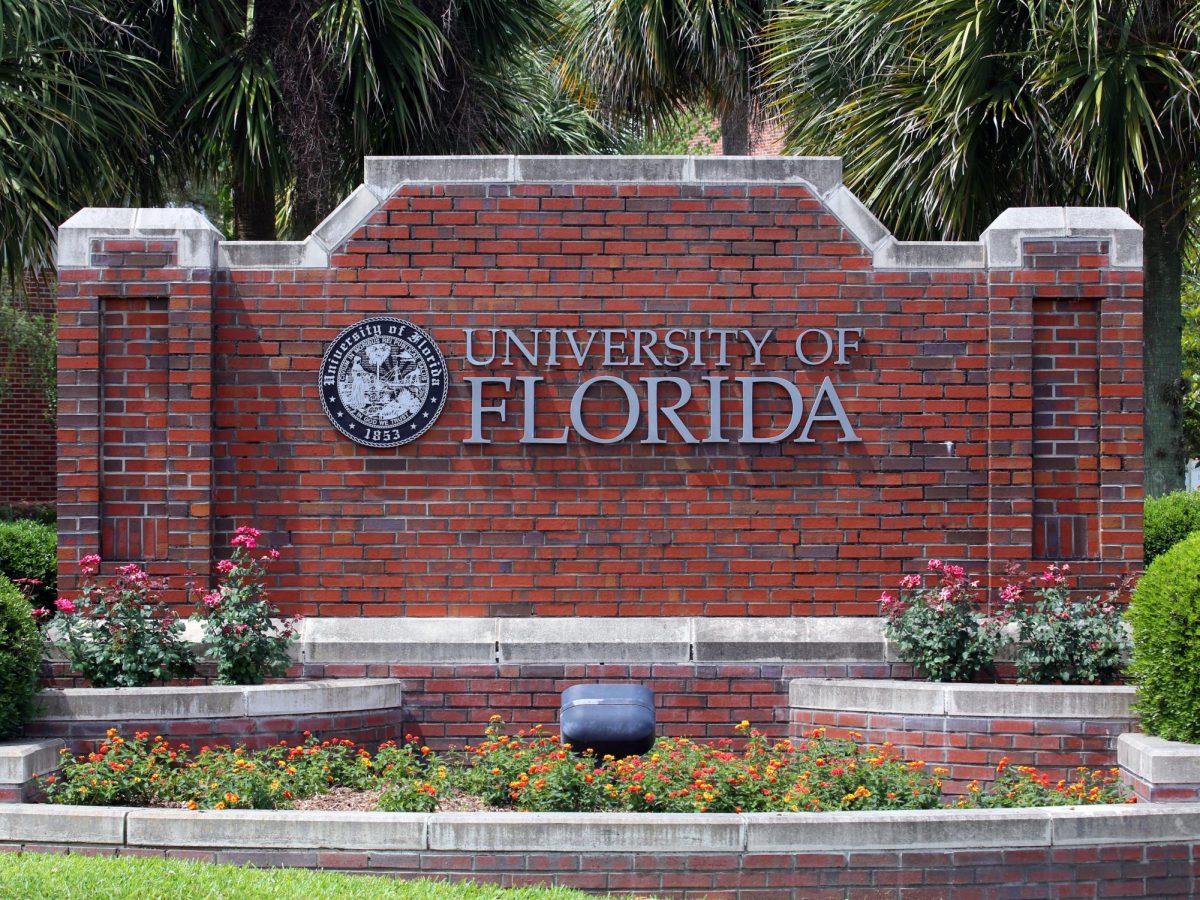
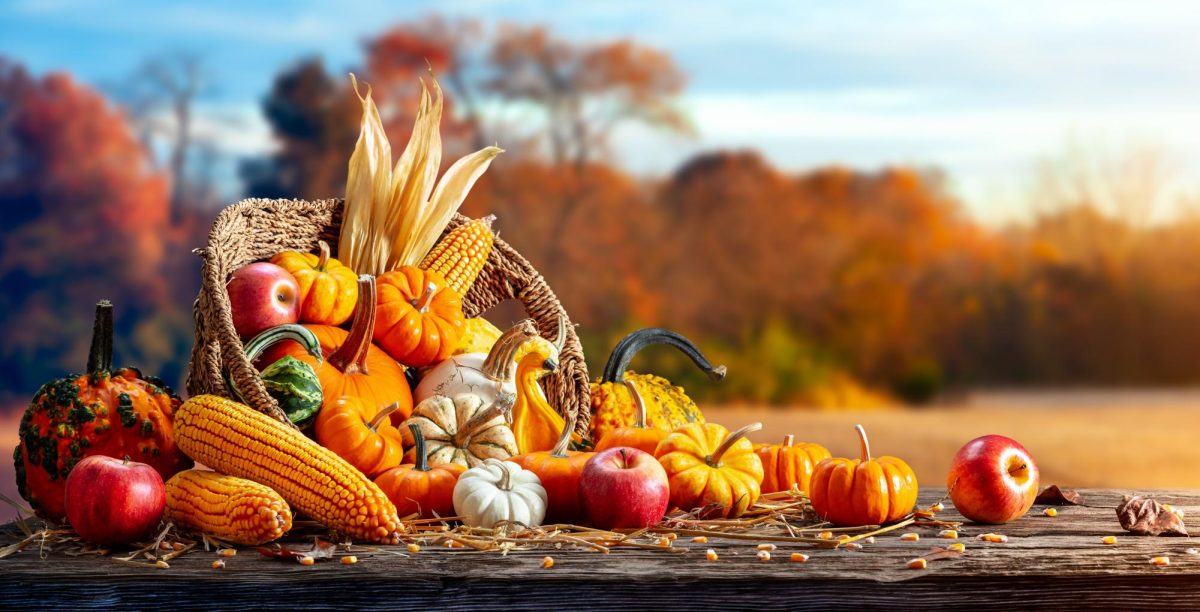
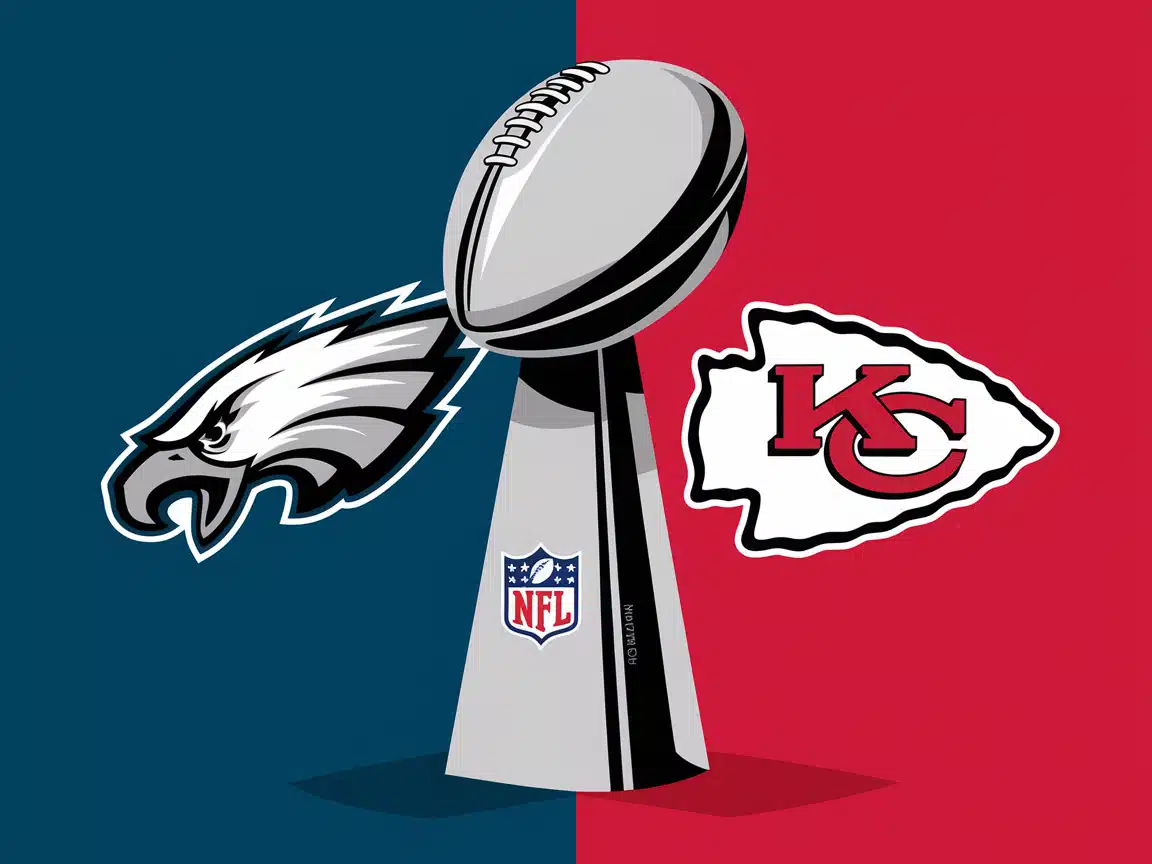
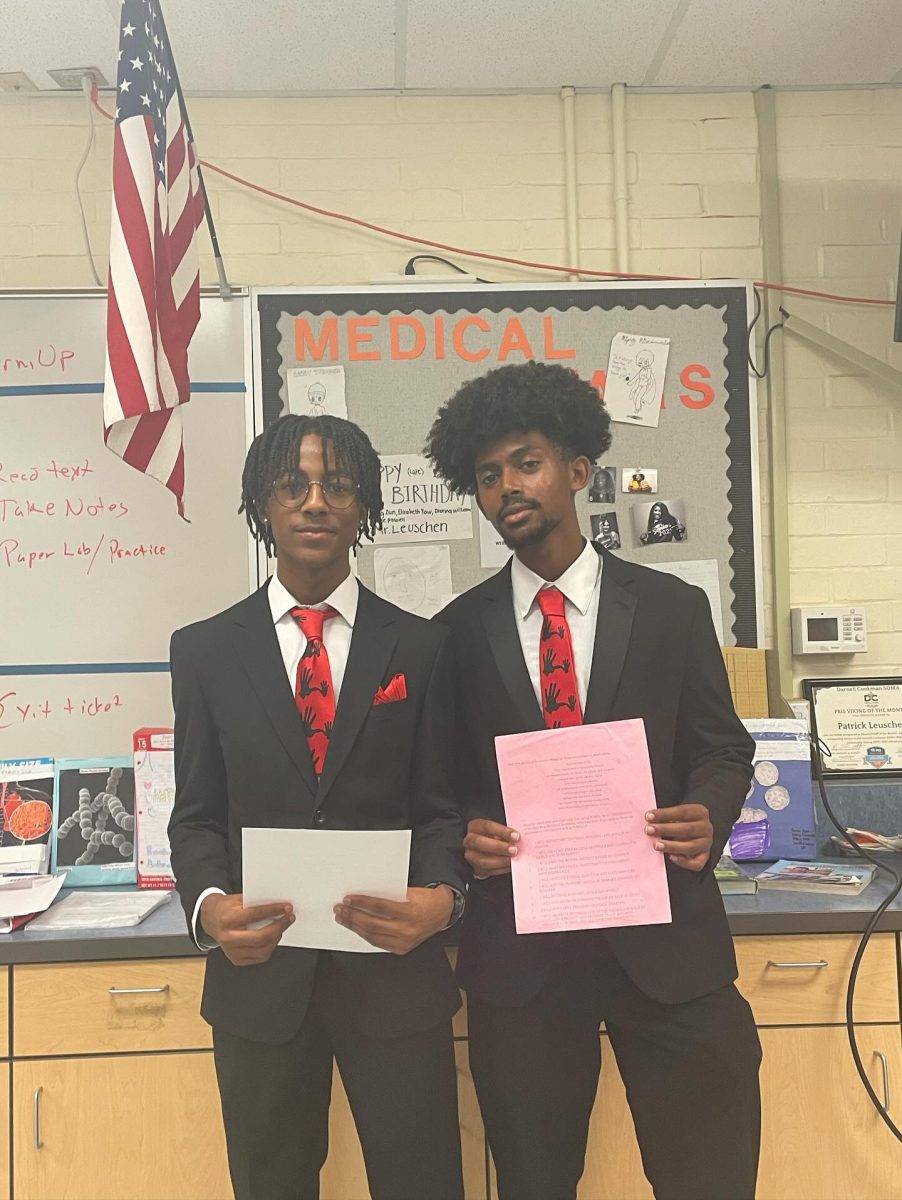



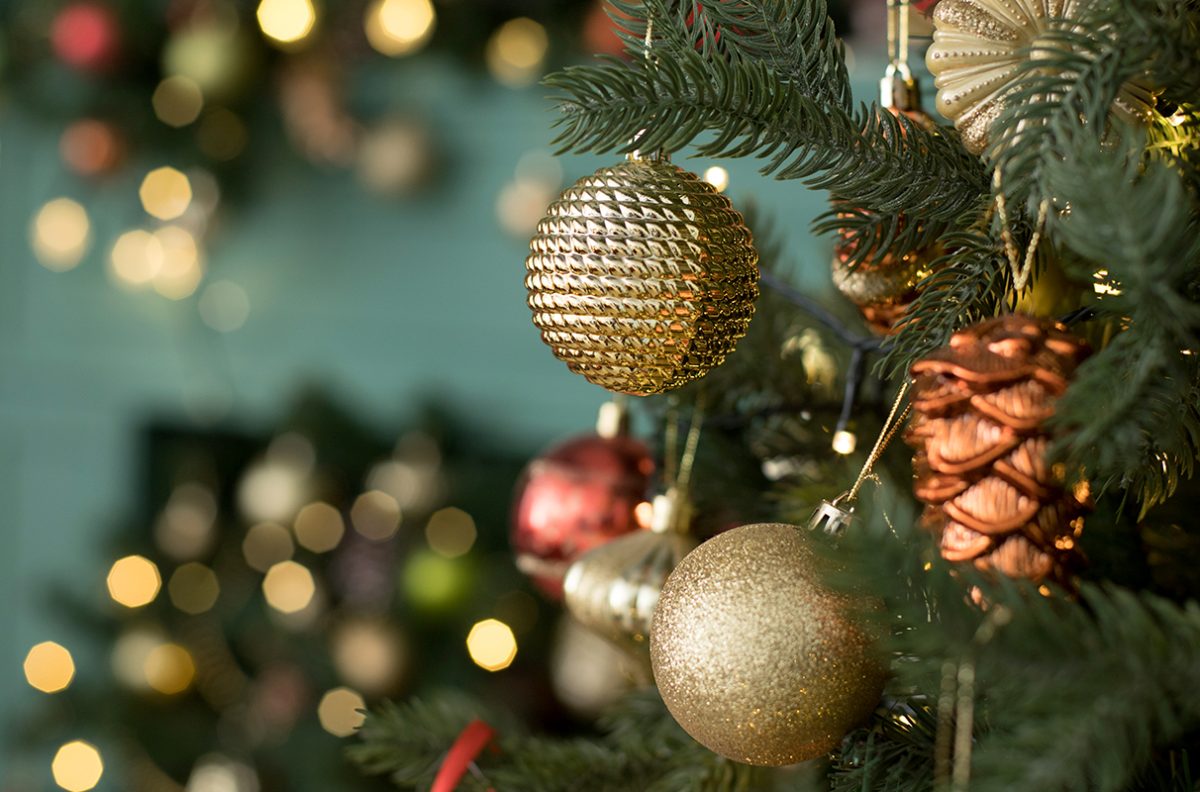

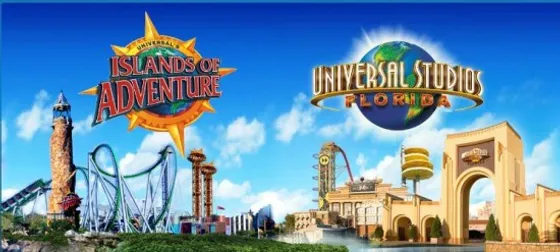
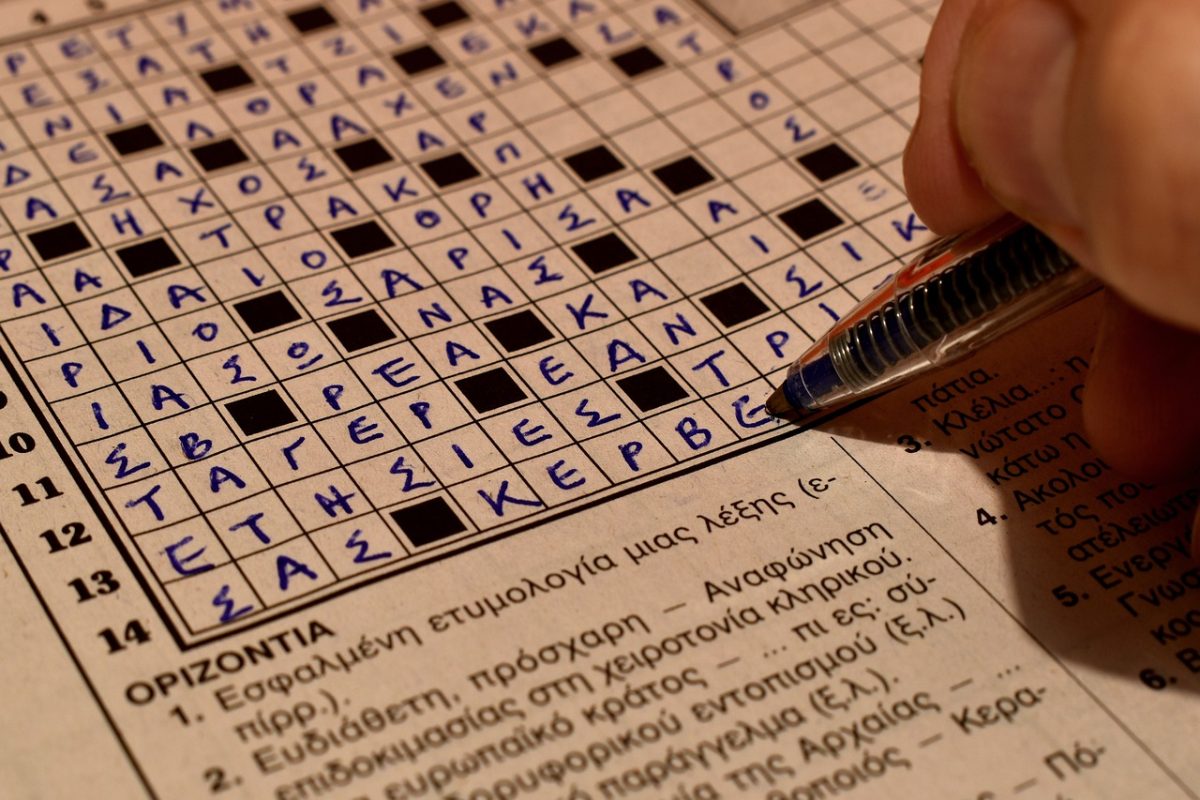
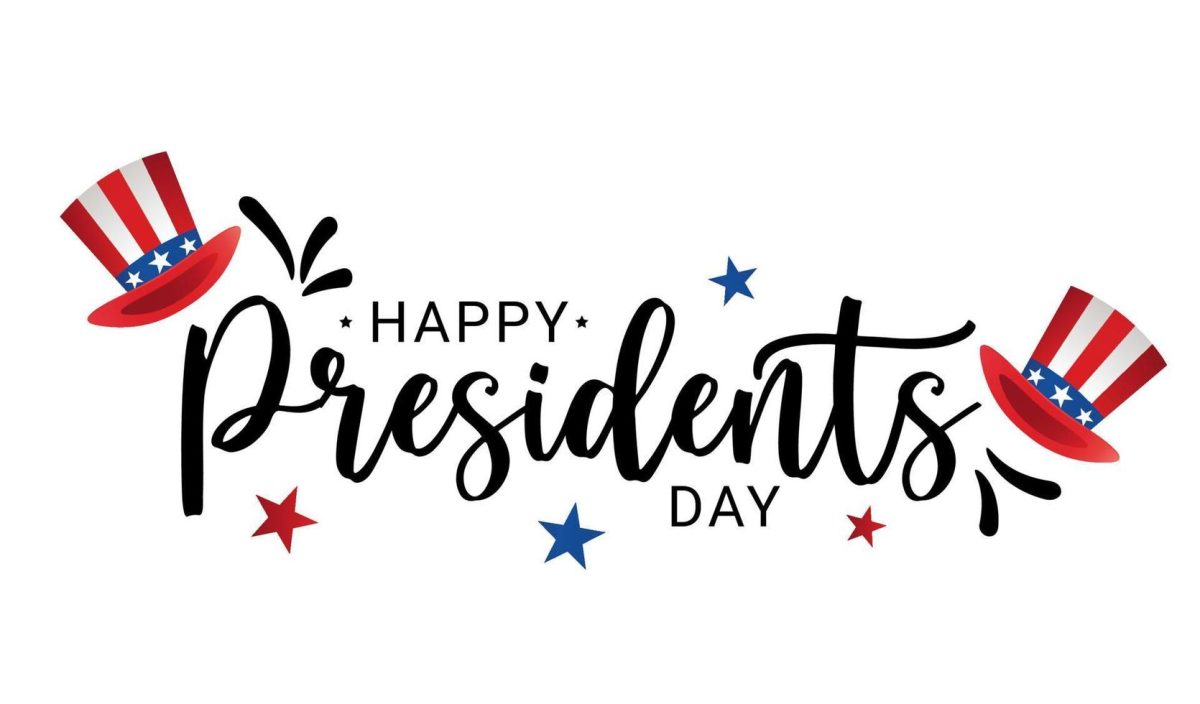
Eric Canoura • Jan 10, 2024 at 10:30 am
This person seems familiar